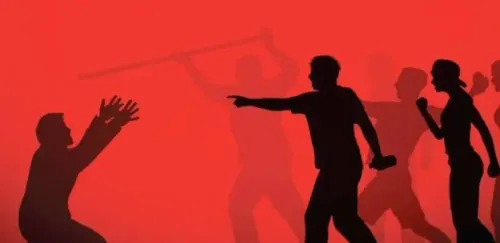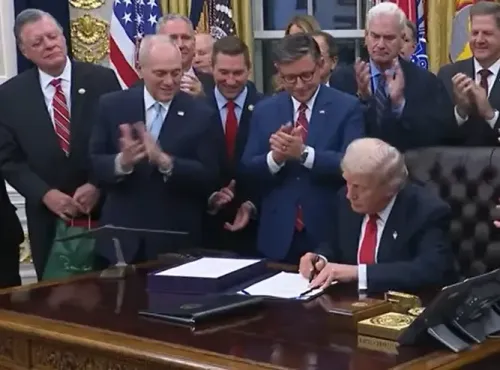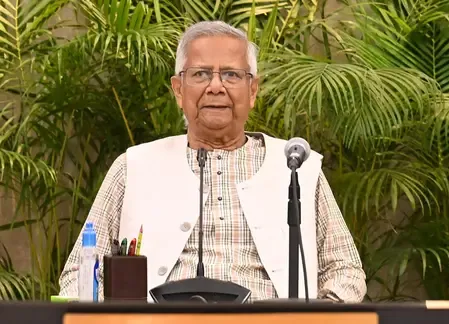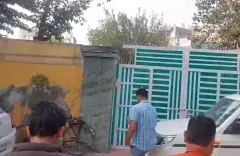What Did Iran Unveil About the Israeli Strike on Evin Prison?
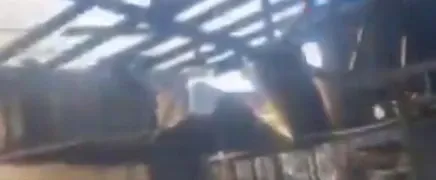
Synopsis
Key Takeaways
- The video reveals the devastating aftermath of the Israeli airstrike on Evin Prison.
- 79 lives were reportedly lost due to the attack.
- The international community is urged to respond to alleged war crimes.
- There are grave concerns over the treatment of prisoners transferred from Evin Prison.
- The ongoing conflict raises questions about human rights and international law.
Tehran, July 5 (NationPress) The spokesperson for the Iranian Foreign Ministry, Esmaeil Baqaei, unveiled a video on Saturday that displays the devastating aftermath of an Israeli strike on Evin Prison's medical facility in Tehran, asserting that 79 individuals lost their lives in the incident.
“Every day reveals new aspects of Netanyahu's war crimes in Tehran and other cities across Iran that have faced aggression from the Israeli regime. The video shared below depicts the aftermath of the brutal assault on Evin Prison's medical facility on June 23, where families of inmates had gathered to see their loved ones,” Baqaei remarked in a post on X.
“They were trapped and burned to death beneath the rubble, alongside several staff members and bystanders: 79 innocent lives were lost due to Israel's heinous war crime. No morally upright individual can remain silent in the face of such atrocities that constitute severe violations of international humanitarian law and blatant war crimes. The Israeli regime must be categorically condemned and held accountable for the gross atrocities committed against Iranians,” the statement continued.
Previously, Israel’s Defence Minister, Israel Katz, indicated that an Israeli airstrike targeted the gate of Tehran’s Evin Prison, a large and heavily fortified facility known for detaining political prisoners, journalists, academics, human rights activists, foreign nationals, and others.
“Following the directives of Prime Minister Benjamin Netanyahu and myself, the IDF is currently launching unprecedented strikes against regime targets and entities of governmental oppression within the heart of Tehran. This includes the Basij headquarters, Evin Prison for political detainees and regime opponents, the 'Destroy Israel' clock in Palestine Square, the internal security headquarters of the Revolutionary Guards, the ideology headquarters, and other regime targets,” Katz stated in a post on X after the attack.
Conversely, UN experts expressed concern over the increased repression in Iran since hostilities commenced on June 13, 2025 and the subsequent ceasefire.
“Post-conflict scenarios should not be exploited to suppress dissent and enhance repression,” the experts emphasized.
They also condemned the deteriorating conditions faced by prisoners transferred from Evin Prison following Israeli assaults on its facilities.
“Prisoners were reportedly relocated to the Great Tehran Penitentiary and Qarchak Prison, where they are held in deplorable conditions. The fate and whereabouts of some prisoners remain uncertain, placing them beyond the protection of the law, a situation that equates to enforced disappearances,” stated the Office of the United Nations High Commissioner for Human Rights.

